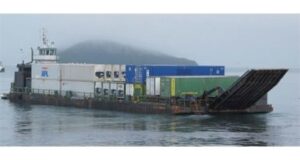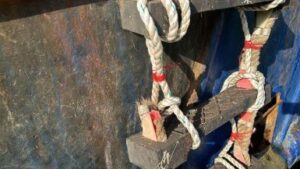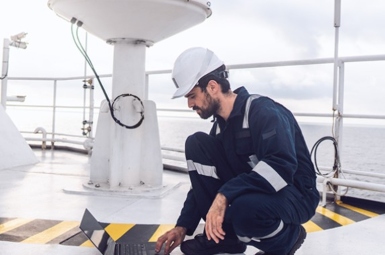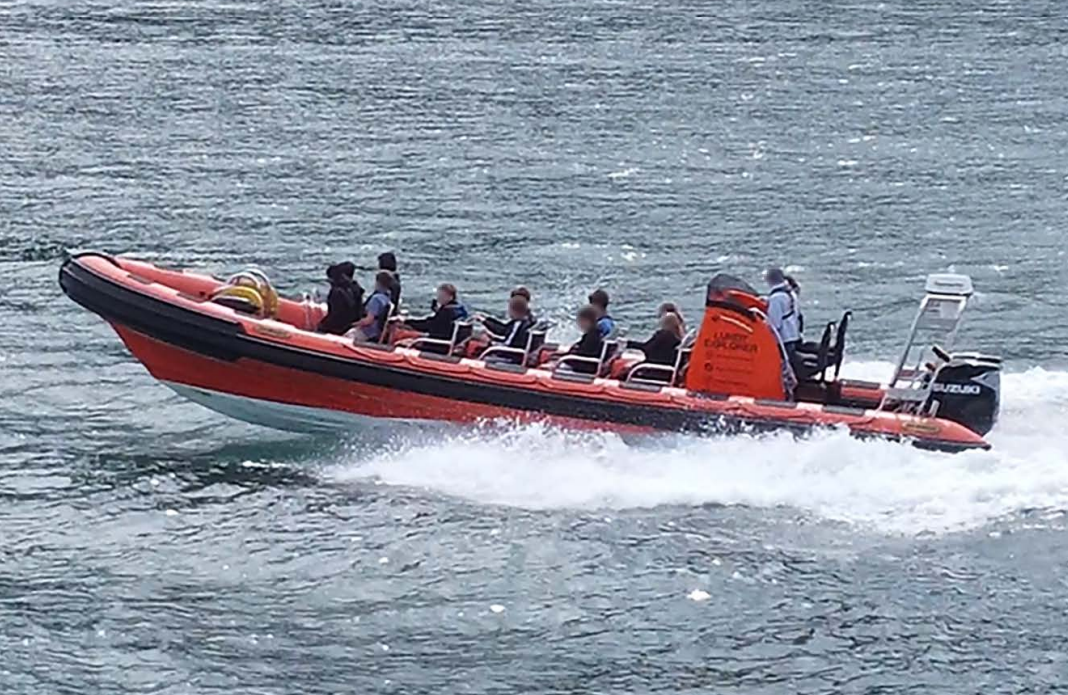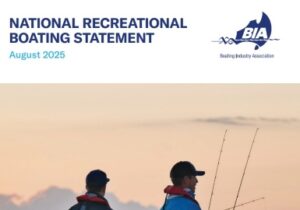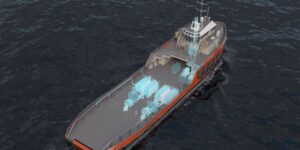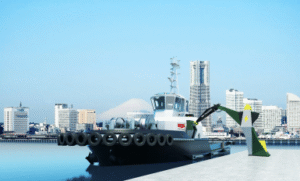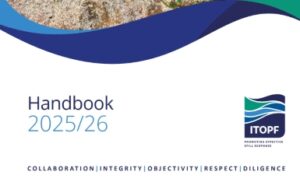
ITOPF has published the 2025/26 edition of its Handbook, providing information on the different types of pollutants encountered at sea and the challenges, impacts, and response options associated with each.
Marine spills can involve a wide variety of substances beyond oil, including vegetable oils, chemicals, bulk cargoes, and plastics, each behaving differently in the marine environment and posing distinct risks. In its latest Handbook, ITOPF outlines the main categories of pollutants, their effects, and the approaches typically taken to manage them. Continue reading “ITOPF 2025/26 edition of its Handbook has been published”

